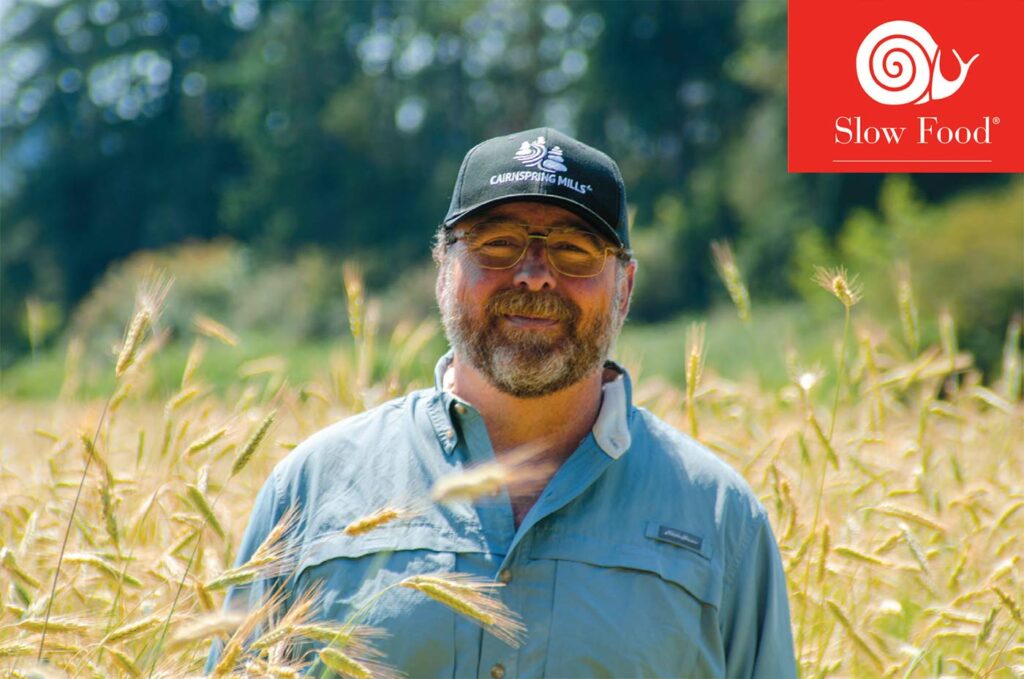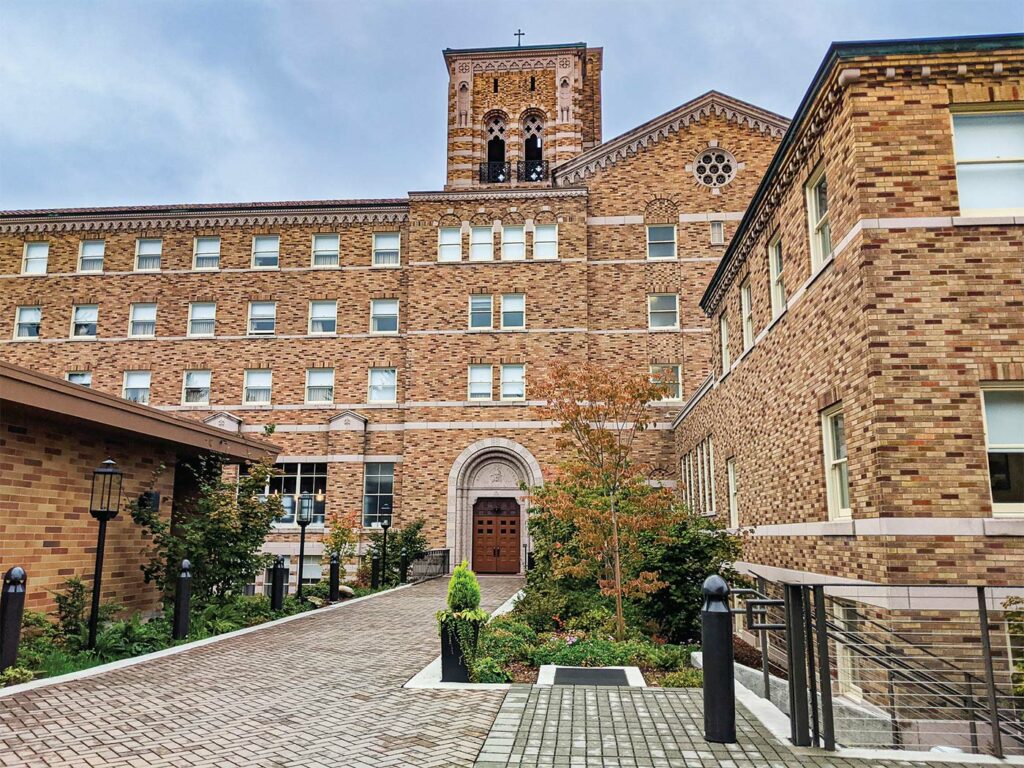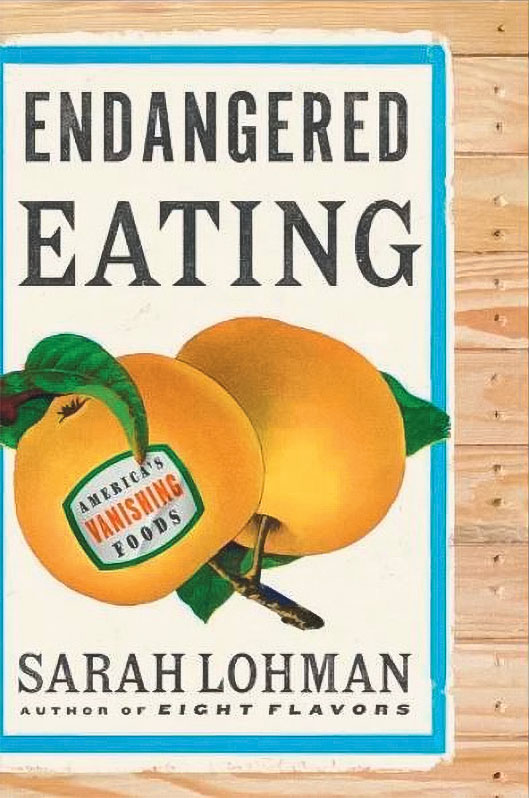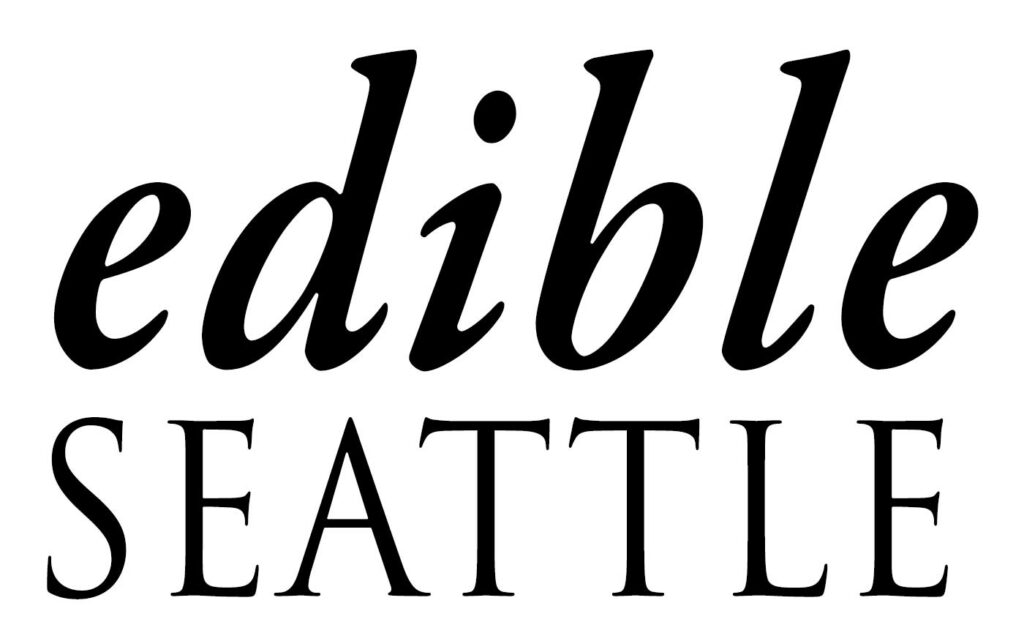
TO CELEBRATE
It’s award season, but more than movies and music, we care about the James Beard Foundation Awards and Slow Food’s Snail of Approval! Our state has a strong showing for both awards, and there are some familiar faces in the crowd—Cairnspring Mills, who we mentioned in our Fall 2023 issue, got a Snail of Approval; and Eight Row, who generously shared their Schoolmaster recipe for Last Call in Winter 2023-24, is a JBFA semifinalist for their outstanding wine and beverage program! Finalists are yet to be announced, but we’re proud of all the hardworking Washingtonians who were nominated! Congratulations, all

TO EXPLORE
Last fall, our contributor Jessamyn Tuttle was invited for a stay at The Lodge at St. Edwards, the seminary-turned-luxury-hotel in St. Edwards State Park in Kenmore. In addition to the large grounds and the hotel’s amenities, Jessamyn regaled us with the variety of dishes and cocktails she tried during her stay. Click here to read more about her stay, and for information on visiting yourself.
TO VISIT
As if anyone who loves it needs another reason to visit the Bow-Edison area (Hello Breadfarm, Slough Food, Samish Bay Cheese and Bow Hill Blueberries!), the charming community now hosts its own bookstore. Book Shucker, besides being rather cheekily “Edison’s biggest little bookstore,” is owned by Michelle Gale, a co-owner of Raspberry Bow Press and a former editor for Sasquatch Books. In addition to an ample array of cookbooks (especially for a small space—we love to see it!) Gale prioritizes diverse voices and small printing presses—definitely check out her selection of zines. Be sure to plan ahead though—right now they’re only open on weekends! Follow the biggest little bookstore on Instagram: @bookshucker.


TO READ
Food historian Sarah Lohman takes a trip around the country in her new book, Endangered Eating, as she explores extremely regional ingredients that are at risk of being lost. Building off the work of Slow Food International’s book The Ark of Taste, Lohman seeks to learn from the shepherds, farmers, fishers and other historians working to preserve these rare and special ingredients. Our readers will be especially interested in Lohman’s chapter on Sxwo’le, the stationary reefnet salmon fishing unique to the Straits Salish peoples, considered to be the most humane technique for harvesting wild salmon.
